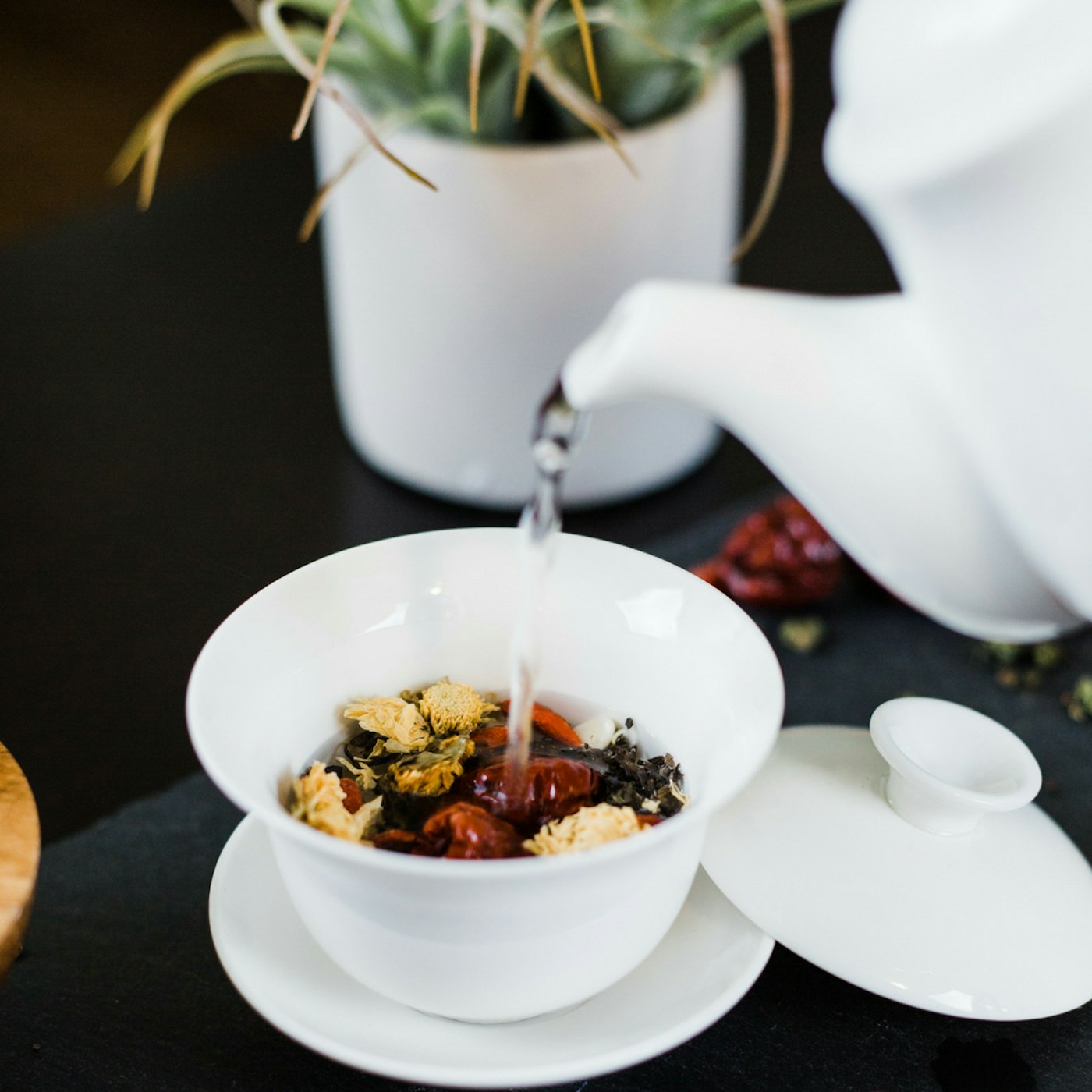It’s a Date! Getting Creative With the Sunnah
by Sisters Magazine in Culture & Lifestyle on 21st May, 2018

The Prophet (SAW) said: “When one of you is fasting, he should break his fast with dates; but if he cannot get any, then (he should break his fast) with water, for water is purifying.”
Do you serve dates on your Ramadhan iftar table or make it a point to break your fast with them? If yes, you’re like countless other Muslims around the world who have adopted this sunnah as a personal food tradition of their own. Dates are not only associated with Ramadhan, however. The fruit is favoured by many Muslims for tahneek, the Sunnah of rubbing something sweet into the mouth of a newborn. They are mentioned more than twenty times in the Holy Qur’an – including a mention that they will be a food of Paradise – and numerous ahadith provide evidence that they were an important food among the Arabs and early Muslims.
Let’s look then, at some interesting facts and nutritional information about this naturally sweet and incredibly popular food:
- Dates are the fruit of the date palm (Phoenix dactylifera) tree, which is most widely cultivated in the Middle East, North Africa, Central Africa and Southern Asia and Southeast Asia.
- More than 40 varieties of dates are grown in Arabia alone. Depending on the variety, dates may be harvested soft, dry or semi-dry.
- Dates have been consumed for at least 7,000 years and appear to have been cultivated for more than two thousand.
- Date seeds can lie dormant for years or even decades when germinating conditions are unfavourable.
Dates are high in sugar, protein and (when fresh) Vitamin C. They also contain potassium, magnesium, iron, fibre, fat and carbohydrates. - Dates are easily digested, making them a quick source of energy and nutrients.
Eating dates at iftar can help your body’s blood glucose levels quickly return to normal. - Consumption of dates will satisfy the sensation of hunger, which in turn helps to avoid overeating.
- Dates can be beneficial in treating constipation, diarrhoea and intestinal disorders, and they can help promote a healthy heart. They also help to increase sexual stamina and are believed to be valuable in the prevention and treatment of abdominal cancer.
- Dates aren’t just for people; Arabs in the Sahara are known to use dates as feed for camels, horses and dogs.
This Ramadhan, consider using dates in cakes, cookies, fruit smoothies and more. These recipes below are just some of the countless ways this blessed fruit can be incorporated into your diet.
Dried Fruit and Avocado Milkshake
This healthy milkshake is made with dried figs, raisins, dates and avocado. Vary the fruits to suit your own palate.
- 1 litre (1 quart) cold milk
- 1 small avocado, peeled and pitted
- 5 or 6 soft dried figs
- 5 or 6 soft dates, pitted
- a handful of seedless raisins
- 3 tbsp sugar or honey, or to taste
- ice (optional)
In a blender, combine the avocado and dried fruit with about half of the milk. Blend until the fruit has been well-processed. Add the remaining milk and sugar and blend to mix well. For a well-chilled shake, blend in the optional ice cubes until they are crushed. Serve immediately.
Moroccan Stuffed Dates
These traditional Moroccan sweets are made by stuffing dates with homemade almond paste. Easy, delicious and pretty!
- 500g (1 lb.) semi-dry dates (such as Deglet Noors)
- 150g (one heaped cup) blanched almonds
- 60g (¼ cup) sugar
- 1 ½ tbsp orange blossom water
- 1 tbsp butter, melted
- ¼ tsp cinnamon
- food colour, optional
- granulated sugar, optional, for garnish
- walnut pieces, optional, for garnish
Make the Almond Paste:
Grind the almonds, sugar and cinnamon in a food processor until the almonds are powdery and moist enough to pack. Add the butter and orange flower water; process again until smooth paste forms. Remove the paste from the processor and if desired, divide and colour the paste by kneading a drop or two of food colour into each portion.
Stuff the Dates:
Roll small cylinders of almond paste the length of the dates, but only about ¹/₃ the diameter. Take a date, make a vertical cut deep enough to remove the pit, but not so deep as to cut the date in half. Discard the pit, insert some almond paste, and press the sides of the date firmly around the paste while leaving a portion of paste exposed. Repeat with the remaining dates and almond paste.
Optional Garnish Ideas:
Top the exposed paste with a piece of walnut, shredded coconut or light dusting of cinnamon. Roll the stuffed date in granulated sugar. Score the exposed almond paste with a knife, then roll the date in sugar. Store the stuffed dates in an airtight container in the fridge for up to two weeks. Serve at room temperature.
Related
Yearning for submission: gaining security
Let Ramadan be your financial manager
Manners: 7 tips from the sunnah on how to be a guest
Sisters Magazine
SISTERS Magazine was created to uplift and enlighten fabulous Muslim women, and to inspire them to become the best Muslimah they can be. The SISTERS team is an eclectic group of writers, journalists, artists and readers based all over the world. Find us online at www.sisters-magazine.com and on Facebook, Instagram and Twitter. Copies of SISTERS Magazine can be purchased in our online store.